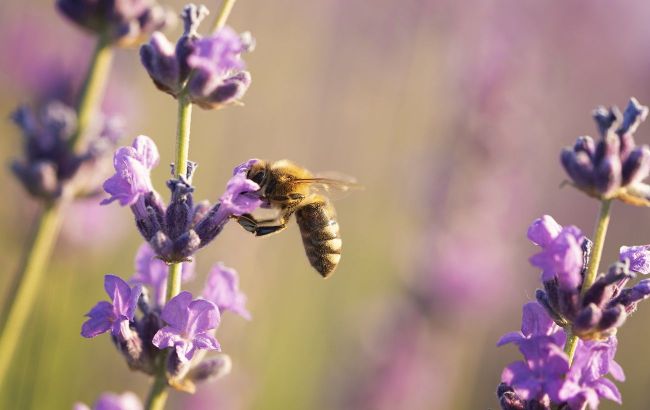3 facts about bees, confirmed by science
 Facts about bees that seem like fiction (photo: freepik.com)
Facts about bees that seem like fiction (photo: freepik.com)
Bees are extraordinary creatures that play a crucial role in maintaining the ecosystem of our planet. These tiny workers have always had a profound impact on humanity.
Here is a list of the incredible abilities of bees and the significance of their role in the development of human civilization.
Honey can be stored indefinitely
Honey is a unique product that can last for centuries. Its key preservation factors are high acidity, low moisture content, and the presence of hydrogen peroxide, making honey an inhospitable environment for bacteria and microorganisms.
Initially, the nectar from which honey is made contains a lot of water. Bees address this by evaporating the excess moisture by fanning their wings and continuing the production process afterward.
Bees then digest the nectar and store it in honeycombs, adding a special enzyme from their stomachs. This enzyme promotes the release of hydrogen peroxide, a natural defense against bacteria.
The main enemy of honey is water. Once moisture enters, the honey begins to spoil. However, with proper storage, honey can remain fresh for a very long time.
In ancient times, honey was often used to treat burns and wounds, as its antiseptic properties helped prevent the spread of microorganisms and infection.
Cuckoo bees
Cuckoo bees got their name due to their resemblance to the bird of the same name, which lays its eggs in the nests of others. These bees do not build their nests; instead, they leave their offspring in the hives of other species. The cuckoo bee larva destroys the native bee and then uses the stored pollen for its development. Adult cuckoo bees live solitary lives, without forming colonies.
In 2018, scientists made an intriguing discovery: 15 new species of cuckoo bees from the genus Epeolus were found in North American bee museum collections. This increased the number of known North American species of this genus to 43. These bees resembled wasps more than typical bees, and only through DNA testing were they identified as distinct species.
Ancient brain booster
Approximately 2.5 million years ago, hominids diverged from monkeys and began developing larger brains. During this period, changes occurred that led to an increase in gray matter volume and the development of cognitive abilities that distinguished them from other animals.
Researchers believe that diet, particularly honey, played a crucial role in this evolutionary process. Honey contains glucose and concentrated energy, making it an ideal source of nutrition for hominids. At that time, only wild honey was available, which had even greater value as it contained bee larvae, minerals, vitamins, fats, and proteins.
While there is no direct evidence of honey consumption by hominids in paleontological studies, modern research on humans and primates supports this theory. Wild honey remains an important part of the diet for some tribes, and primates use various tools to extract it from hives.
The sources used in the preparation of this article include List Verse and Wikipedia.

